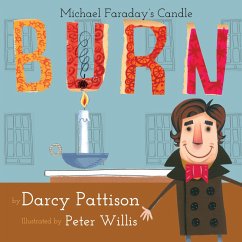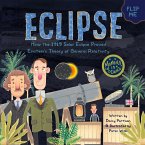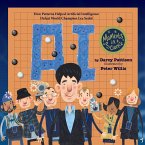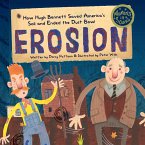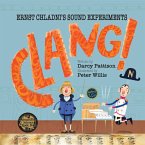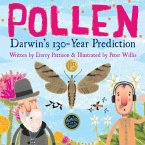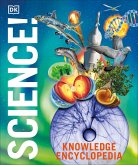Ages 7-12
WHAT MAKES A CANDLE BURN?
Solid wax is somehow changed into light and heat. But how? Travel back in time to December 28, 1848 in London, England to one of the most famous juvenile science Christmas lectures at the Royal Institution. British scientist Michael Faraday (1791-1867) encouraged kids to carefully observe a candle and to try to figure out how it burned. Known as one of the best science experimenters ever, Faraday's passion was always to answer the basic questions of science: "What is the cause? Why does it occur?"
Since Faraday's lecture, "The Chemical History of a Candle," was published in 1861, it's never been out of print. Oddly, till now, it's never been published as a children's picture book. Faraday originally gave seven lectures on how a candle burns. Pattison has adapted the first 6000-word lecture to about 650 words for modern elementary students.
AUTHOR: Darcy Pattison
Pattison is the author of Abayomi, the Brazilian Puma: The True Story of an Orphaned Cub, which was named a 2015 National Science Teacher's Association Outstanding Science Trade Book. Desert Baths was named a 2013 NSTA Outstanding Science Trade Book.
ILLUSTRATOR: Peter Willis
With over 20 years experience in illustration and design, illustrator Peter Willis continues to be as enthusiastic and passionate about his work as ever. His illustrations have palpable character, bringing them to life through his craft and quirky approach. He lives in North East England with his wife and daughter. This is his debut picture book. Peter Willis brings humor to the story, but he also manages to convey accurate information about matter and its physical properties.
WHAT MAKES A CANDLE BURN?
Solid wax is somehow changed into light and heat. But how? Travel back in time to December 28, 1848 in London, England to one of the most famous juvenile science Christmas lectures at the Royal Institution. British scientist Michael Faraday (1791-1867) encouraged kids to carefully observe a candle and to try to figure out how it burned. Known as one of the best science experimenters ever, Faraday's passion was always to answer the basic questions of science: "What is the cause? Why does it occur?"
Since Faraday's lecture, "The Chemical History of a Candle," was published in 1861, it's never been out of print. Oddly, till now, it's never been published as a children's picture book. Faraday originally gave seven lectures on how a candle burns. Pattison has adapted the first 6000-word lecture to about 650 words for modern elementary students.
AUTHOR: Darcy Pattison
Pattison is the author of Abayomi, the Brazilian Puma: The True Story of an Orphaned Cub, which was named a 2015 National Science Teacher's Association Outstanding Science Trade Book. Desert Baths was named a 2013 NSTA Outstanding Science Trade Book.
ILLUSTRATOR: Peter Willis
With over 20 years experience in illustration and design, illustrator Peter Willis continues to be as enthusiastic and passionate about his work as ever. His illustrations have palpable character, bringing them to life through his craft and quirky approach. He lives in North East England with his wife and daughter. This is his debut picture book. Peter Willis brings humor to the story, but he also manages to convey accurate information about matter and its physical properties.
Dieser Download kann aus rechtlichen Gründen nur mit Rechnungsadresse in A, B, CY, CZ, D, DK, EW, E, FIN, F, GR, H, IRL, I, LT, L, LR, M, NL, PL, P, R, S, SLO, SK ausgeliefert werden.

